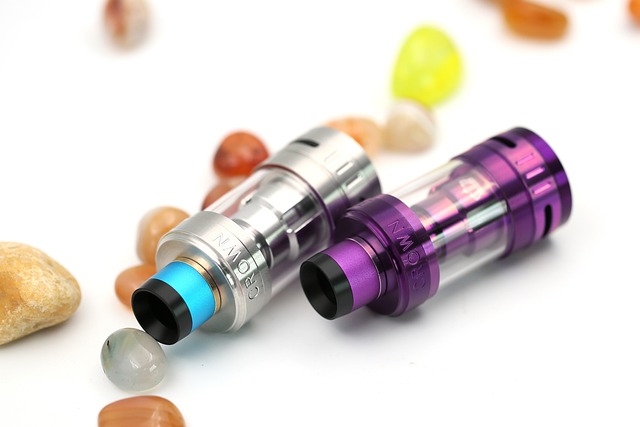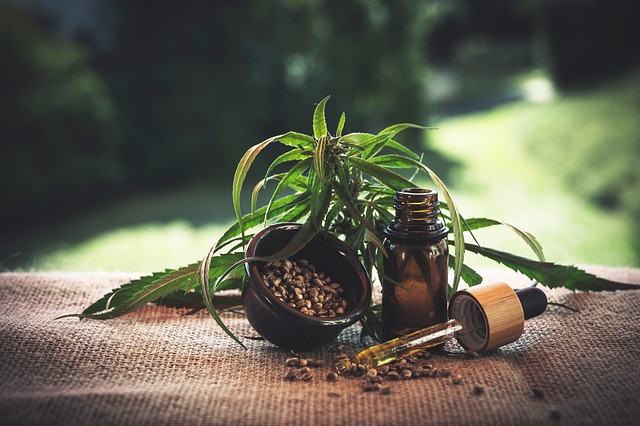Alcohol is a widely consumed substance that can have a significant impact on brain health. While moderate drinking may not have immediate or noticeable effects, excessive or chronic alcohol use can cause significant damage to the brain. In this article, we will explore the impact of alcohol on the brain, how it affects brain health, and what can be done to mitigate the negative effects of alcohol consumption.
How Alcohol Impacts Brain Health
Alcohol is a central nervous system depressant that affects the brain by altering its chemical and structural makeup. When alcohol is consumed, it passes through the blood-brain barrier and enters the brain, where it affects several neurotransmitters, including gamma-aminobutyric acid (GABA) and glutamate. GABA is responsible for inhibiting brain activity, while glutamate increases brain activity. Alcohol enhances the effects of GABA, which leads to a decrease in brain activity, causing sedation and relaxation. At the same time, it suppresses the effects of glutamate, which can cause impaired cognitive function, loss of coordination, and other side effects.
Long-term excessive alcohol use can lead to a host of brain-related issues, including brain shrinkage, decreased cognitive function, and an increased risk of dementia. Chronic alcohol consumption can cause brain cells to die, leading to brain atrophy, which can result in a decrease in brain volume and an increased risk of dementia. The longer someone drinks excessively, the more significant the damage to their brain can be.
Alcohol consumption can also affect brain chemistry, leading to changes in mood and behavior. Alcohol can cause a surge in dopamine, a neurotransmitter that regulates pleasure, leading to a feeling of euphoria. However, this euphoric feeling is short-lived, and excessive alcohol consumption can lead to depression and anxiety, as the brain attempts to readjust to its normal state.
Tips to Protect Brain Health from Alcohol
Fortunately, there are steps you can take to mitigate the negative effects of alcohol consumption on the brain. Here are some strategies:
Drink in moderation
The best way to protect your brain from the negative effects of alcohol consumption is to drink in moderation. The National Institute on Alcohol Abuse and Alcoholism (NIAAA) defines moderate drinking as up to one drink per day for women and up to two drinks per day for men. It’s important to note that this guideline is not a recommendation to start drinking, but rather a limit for those who already drink.
Take breaks from drinking
Another way to mitigate the negative effects of alcohol consumption on the brain is to take breaks from drinking. Give your body time to recover and allow your brain to heal from any damage that may have occurred. Taking breaks from drinking can also help you maintain healthy habits and avoid developing a dependence on alcohol.
Stay hydrated
Drinking plenty of water before, during, and after drinking alcohol can help mitigate its negative effects on the brain. Alcohol is a diuretic, meaning it causes the body to lose water, which can lead to dehydration. Dehydration can exacerbate the effects of alcohol, leading to impaired cognitive function, loss of coordination, and other side effects.
Avoid binge drinking
Binge drinking, which is defined as consuming a large amount of alcohol in a short period, can have significant negative effects on the brain. Binge drinking can lead to blackouts, impaired cognitive function, and even alcohol poisoning. It’s important to avoid binge drinking and stick to moderate drinking guidelines.
Be mindful of medication interactions
Alcohol can interact with certain medications, including prescription drugs and over-the-counter medications. These interactions can lead to negative side effects and increase the risk of overdose. It’s important to talk to your healthcare provider about any medications you’re taking and whether they interact with alcohol.
Eat a healthy diet
Eating a healthy diet can help protect your brain from the negative effects of alcohol consumption. A diet rich in fruits, vegetables, lean protein, and whole grains can provide the nutrients your brain needs to function properly. Avoiding processed foods, sugary drinks, and foods high in saturated fat can also help protect your brain from damage.
Get enough sleep
Getting enough sleep is crucial for brain health. Sleep allows your brain to consolidate memories, process information, and recover from any damage that may have occurred. Alcohol consumption can interfere with sleep, leading to disrupted sleep patterns and decreased sleep quality. It’s important to get enough sleep to help mitigate the negative effects of alcohol on the brain.
Exercise regularly
Regular exercise can also help protect your brain from the negative effects of alcohol consumption. Exercise has been shown to increase blood flow to the brain, promote the growth of new brain cells, and improve cognitive function. Aim for at least 30 minutes of moderate-intensity exercise most days of the week to help keep your brain healthy.
Seek professional help
If you’re struggling with alcohol consumption, seek professional help. Alcohol dependence is a serious condition that can have significant negative effects on your brain and overall health. A healthcare professional can help you develop a plan to reduce or quit drinking and provide resources to help you manage any withdrawal symptoms or cravings.
Avoid driving after drinking
Driving under the influence of alcohol is dangerous and can have significant negative effects on the brain. Even small amounts of alcohol can impair cognitive function and reaction time, increasing the risk of accidents. If you’re planning to drink, make sure to arrange for a designated driver or use a ride-sharing service to avoid driving under the influence.
Alcohol can have a significant impact on brain health, but there are steps you can take to mitigate its negative effects. Drinking in moderation, taking breaks from drinking, staying hydrated, eating a healthy diet, getting enough sleep, exercising regularly, seeking professional help if needed, avoiding binge drinking, being mindful of medication interactions, and avoiding driving after drinking can all help protect your brain from the negative effects of alcohol consumption. By taking these steps, you can enjoy alcohol in moderation while protecting your brain and overall health.
Image by bridgesward from Pixabay
Brain
-

10 Easy Memory Boosters that You Must Try Today
In today’s fast-paced world, it’s easy to feel overwhelmed and forgetful. Memory is a crucial aspect of our lives, and it’s essential to keep it sharp and healthy. Natural remedies can great memory boosters without relying on prescription medications or synthetic supplements. In this article, we’ll discuss some of the best memory boosters to improve…
-

Eliminate Brain Fog With These Powerful Herbal And Kitchen Remedies
-

Why is Vaping Bad for your Brain health and How to Minimize the Negatives?
-

How Preserve Brain Health When You Use Marijuana?
-

How to Protect Your Brain Health from the damaging effects of Alcohol?
-

Exercise Improves Your Brain Health
-

How Tobacco Impacts on Brain Health and What can You Do About It?








Leave a Reply